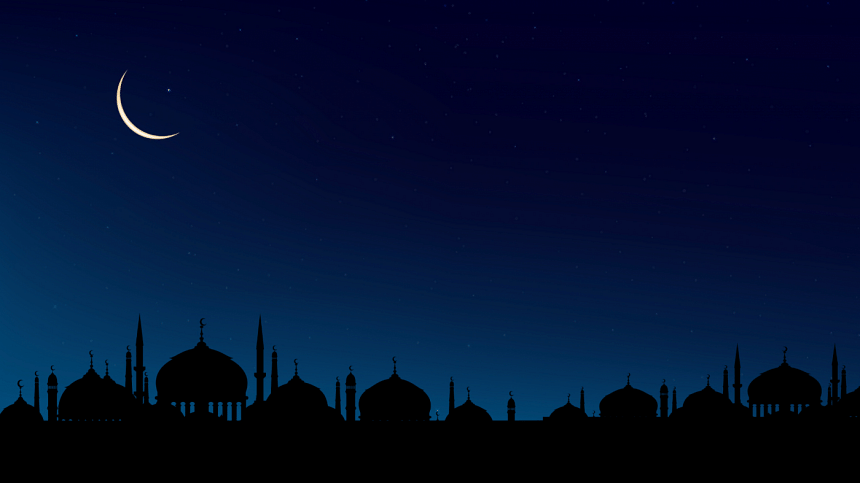How the Islamic calendar works

Every Islamic month begins with the emergence of a new lunar cycle. Traditionally, this is determined by observing the crescent moon (hilal), which signifies the conclusion of the preceding lunar month and the commencement of the new one.
Hence, it can be said that the Islamic calendar is based on lunar months, which begin when the thin crescent moon is sighted in the western sky after sunset a day or so after new moon. In the Islamic calendar, the commencement of a new month is indicated by the sighting of the new crescent moon. This makes astronomy a key part of Islamic events and festivals, including Ramadan and Eid.
Despite the lunar cycle spanning 29.5 days to complete its phases, allocating half a day to a month is impractical. Hence, in the Islamic calendar, a month can typically have 29 or 30 days. That's why the month of Ramadan is sometimes 29 days long and sometimes 30 days long.

 For all latest news, follow The Daily Star's Google News channel.
For all latest news, follow The Daily Star's Google News channel. 









Comments